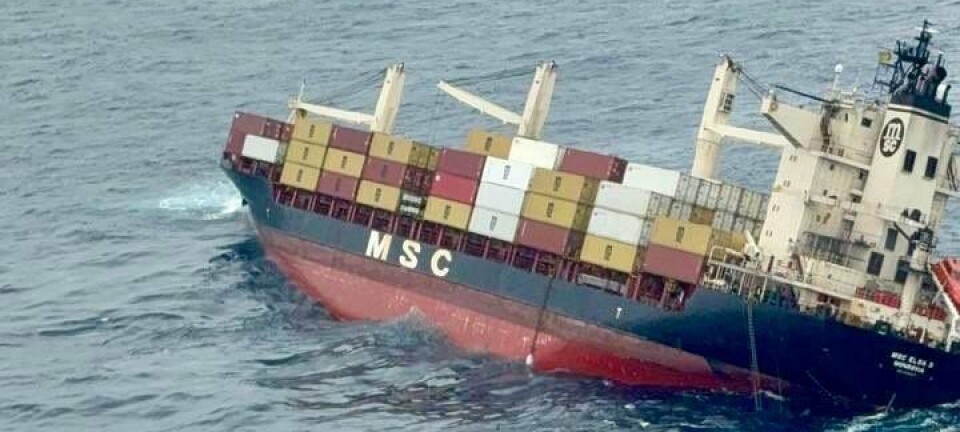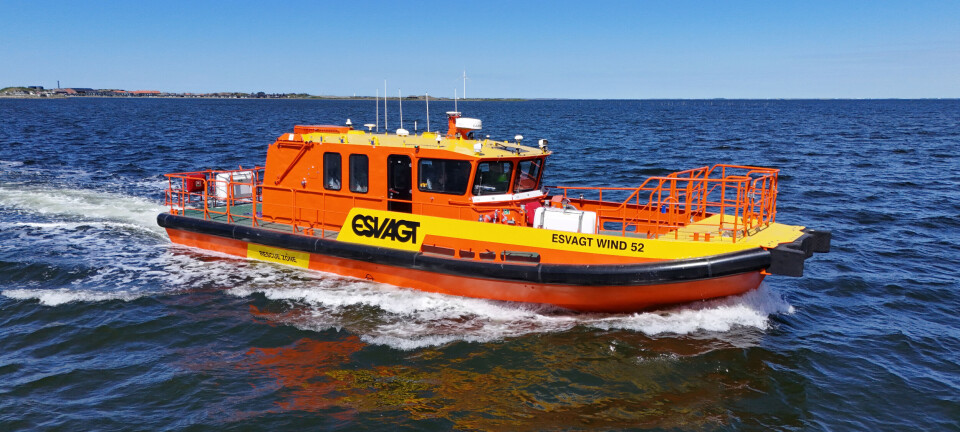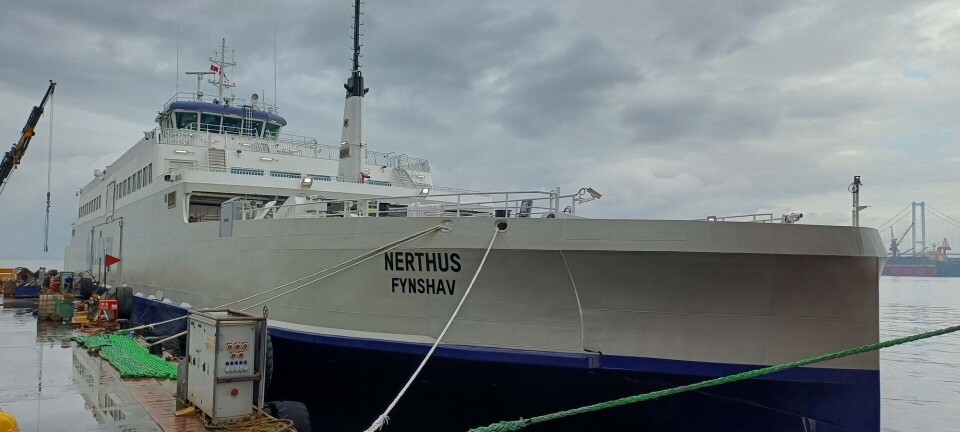BPA demands action over post-Brexit fisheries debacle

The British Ports Association has called upon Westminster to act quickly to remedy the bureaucratic nightmare currently engulfing the UK fishing industry.
By Marc Allen, Maritime Direct UK.
The British Ports Association (BPA), the membership body representing the interests of the majority of UK ports, has written to the British government calling upon it to put an end to the post-Brexit chaos currently hindering UK seafood exports.
The Association is concerned that new non-tariff barriers mean British fish is taking four days to reach European markets instead of one, and the delays have forced many in the business to cease exporting altogether to avoid incurring loses.
British producers blame a morass of muddled, incomplete, and confusing bureaucratic red tape and many fear that if something is not done quickly, there may be long-lasting negative consequences for the industry.
“A disaster for the fisheries sector”
In a press release today, Mark Simmonds, Director of Policy for the BPA, said: “The issues that are unfolding with seafood exporters are a disaster for the fisheries sector and the coastal communities that rely on them and must be addressed immediately.
“Many ports have eaten into cash reserves to see them through difficult times, hoping that the end of the transition period would present the promised opportunity instead of more pain. Instead, once again both the volume of landings and prices are collapsing because of issues that we and others have been warning about and were entirely foreseeable…”
An urgent meeting of the BPA’s fishing ports group was held on Friday to address the crisis that is “undermining” the industry and the BPA joined calls for compensation for businesses negatively impacted post-Brexit.
Lost revenue
Many ports have reported that they are losing ad valorem revenue because boats are landing directly into the EU or are tied up and not fishing. Those boats that are landing their catch in UK ports have found that prices have collapsed because of exporters’ doubts over their ability to get their product to European markets before it spoils.
After its meeting, the Fishing Ports Group issued a list of proposals to address the problem, including:
- An urgent improvement in official guidance
- Immediate provision of more Environmental Health Officers at relevant ports to speed up processing times
- Easements on seafood export processes
- Financial support for ports hit by the recent volatility of prices and volumes
- Increased efforts to promote UK seafood in the domestic market
Even minor errors in paperwork can mean exporters are denied access to markets, and the myriad of regulations governing commercial fishing has been so comprehensively shaken up that even experienced officials are confused by the paperwork involved.
A major fear within the industry is that the current issues will solidify and become entrenched, creating lasting consequences that may harm British fishing for years, if not decades to come.










